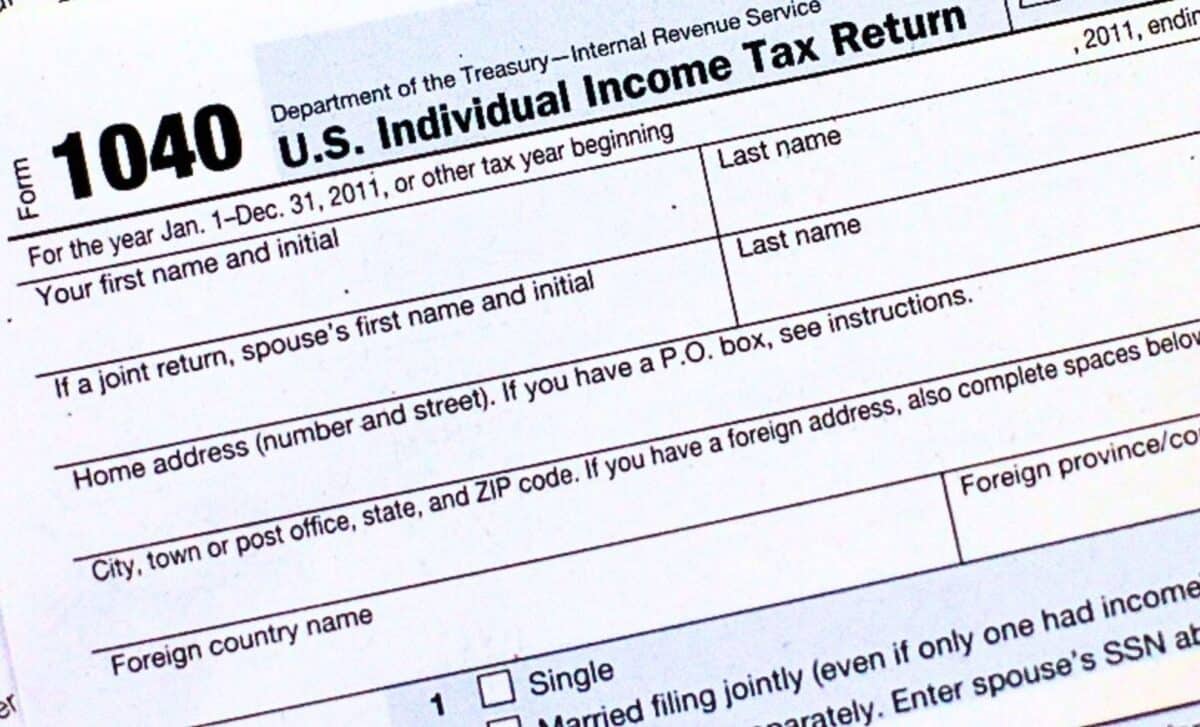A national consumption tax, proposed as an alternative to the income tax, has long been debated in the United States. While the country currently lacks such a federal tax, its implications for revenue generation, economic equity, and taxpayer burden have kept it a recurring subject in legislative discussions. Recent efforts, such as the FairTax Act, and emerging proposals like import tariffs, bring the issue back into focus.
What Is a National Consumption Tax?
A consumption tax is imposed on the goods and services individuals purchase, rather than on their income. This category includes retail sales taxes and excise taxes. Globally, many countries employ consumption taxes through value-added taxes (VAT), where goods and services are taxed incrementally at each production and distribution stage. For example:
- Japan levies a 7.8% standard VAT rate, with a reduced 6.24% rate for essentials like food and some newspapers.
- Over 170 countries, including all of Europe, use a VAT system.
In the U.S., a federal consumption tax could potentially replace income and payroll taxes, streamlining tax collection. However, critics argue it could disproportionately burden lower-income households, which typically spend a greater portion of their income on taxable goods.
Current State of Consumption Taxes in the U.S.
Currently, consumption taxes in the U.S. are state-specific, with no federal counterpart. Sales tax rates and policies vary:
- California has the highest state sales tax rate at 7.25%.
- Five states—Alaska, Delaware, Montana, New Hampshire, and Oregon—impose no statewide sales tax but permit cities to charge local taxes.
In 2023, House Republicans reintroduced the FairTax Act, which sought to abolish most federal taxes, including income taxes, and replace them with a national 23% sales tax. While proponents argued this would simplify the tax system, experts warned it would disproportionately benefit the wealthy, allowing them to enjoy significant tax cuts while lower-income families faced increased burdens.
| Tax Type | Basis of Taxation | Examples in U.S. | Critiques |
|---|---|---|---|
| Income Tax | Earnings | Federal, most states | Progressive but complex to file |
| Consumption Tax | Spending on goods/services | State sales taxes | Regressive, impacts lower-income households |
Future Prospects of a National Consumption Tax
The FairTax Act, originally introduced in 1999, has been reintroduced in every subsequent Congress, signaling its recurring relevance. Despite its consistent failure to advance, proponents highlight potential advantages, including eliminating the Internal Revenue Service (IRS). Yet, widespread concerns about fairness and practicality persist.
President-elect Donald Trump has suggested using import tariffs—taxes on goods imported into the U.S.—to replace portions of income tax revenue. This approach could protect domestic industries, but might lead to higher prices for imported goods.










The FairTax:
Would eliminate the IRS and the income tax forever;
Would be a consumption tax which does not increase the current Federal consumption tax by more than 1%;
Would provide a means for permanently eliminating SS and Medicare at some point in the future;
Would eliminate the need for a census and the millions it costs;
Would guarantee that only citizens are counted for Congressional districting;
Would guarantee that the poor never pays a tax on necessities of life;
Would eliminate double taxation by exempting the purchase of used items from the tax;
Would provide a means to guarantee a balanced budget.